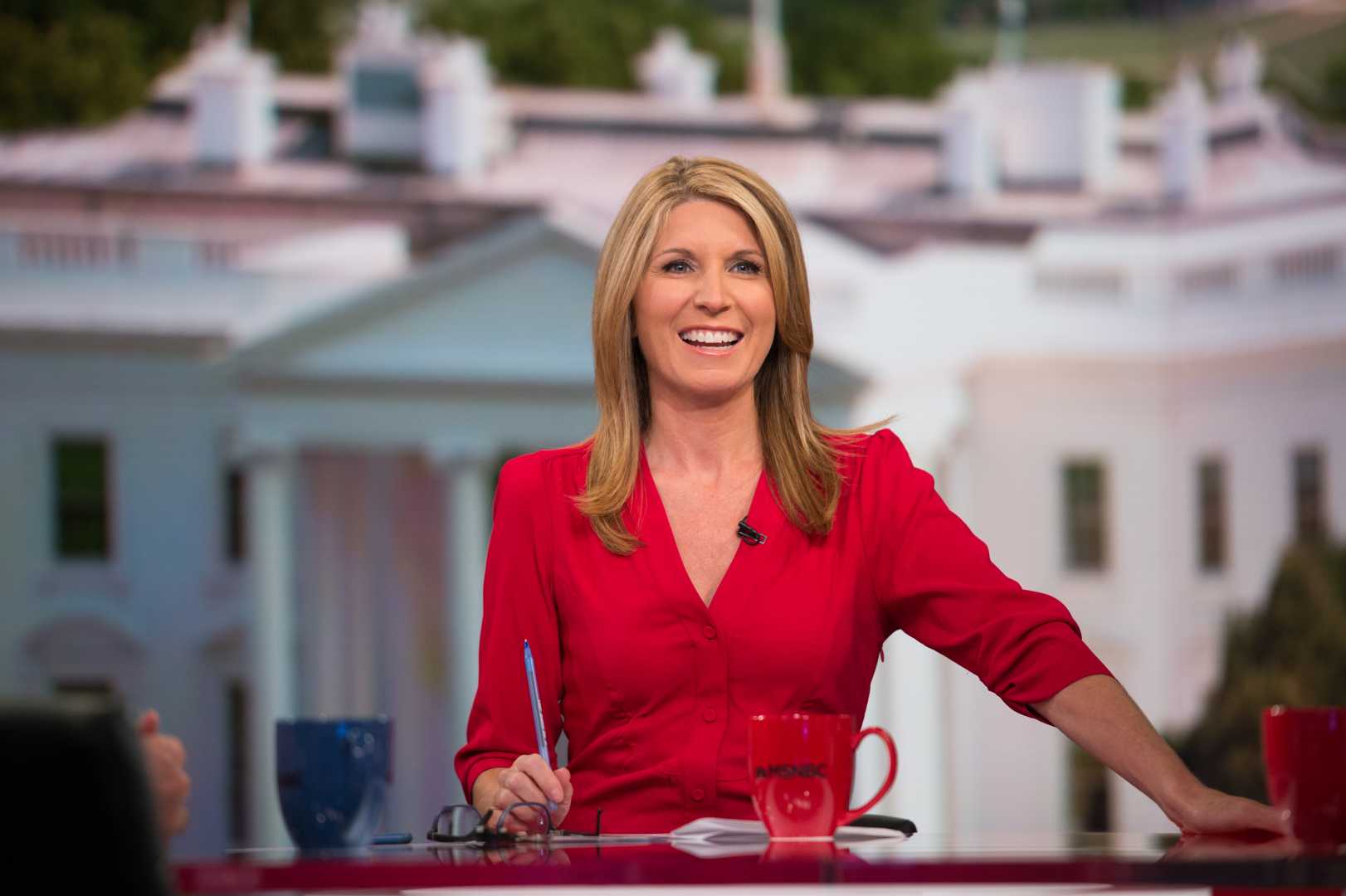Politics
Nicolle Wallace Defends MSNBC Amid Criticism from Conservatives

NEW YORK, NY — Nicolle Wallace, a prominent figure at MSNBC and former advisor to George W. Bush, has found herself facing criticism from conservatives regarding her political alignment and the network’s editorial stance. In a recent interview with Oliver Darcy and Jon Passantino for their Status newsletter, Wallace addressed her perceived shift from Republican to a more liberal viewpoint.
During the discussion, Wallace expressed concern about the response of President Donald Trump to the Los Angeles riots, describing it as ‘theater’ rather than a genuine reaction. She claimed that former President Barack Obama was more effective at handling issues like illegal immigration.
The interview highlighted critiques of Wallace’s approach to journalism. When questioned about penetrating the ‘MAGA Media bubble’ with fact-based journalism, Wallace suggested that she finds it perplexing that people within that sphere do not seek factual information on pressing topics such as climate change or economic policies.
Wallace dismissed accusations of being a ‘leftist’ by stating she has stepped back from social media and thus is unaware of such labels. However, many observers consider her a voice for progressive perspectives. Despite this, she emphasized the importance of dialogue that transcends traditional political divides, focusing on truth and democracy.
The conversation took turns as the interviewers probed into whether MSNBC can be characterized as a liberal news outlet. Wallace avoided labeling the network explicitly, instead opting to mention the participatory nature of their discussions. Conservatives have often pointed to Wallace’s past as evidence of her evolving political identity.
Wallace’s remarks drew attention to the media landscape where partisan identities frequently influence perceptions of bias and objectivity. Critics argue that MSNBC’s content caters primarily to a liberal audience, sometimes overlooking the views of those on the right.
As a media figure, Wallace remains at the center of the ongoing debate about journalistic integrity and political identity in modern media.












